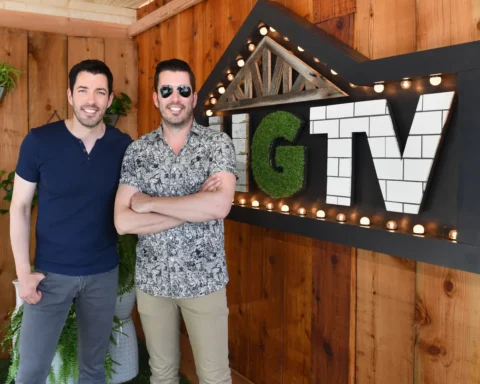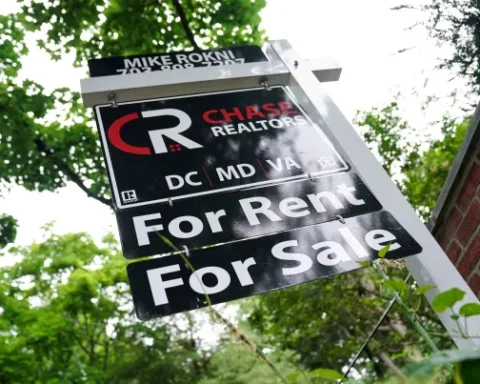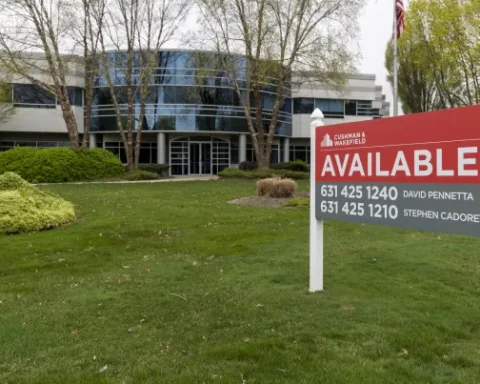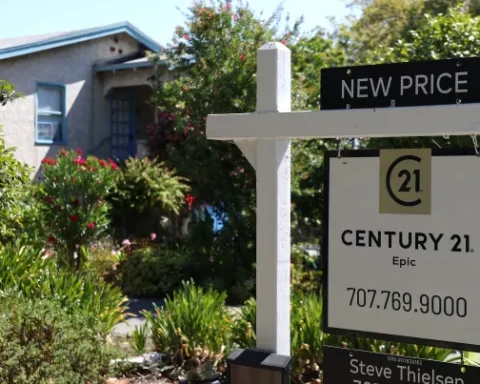As Americans reach retirement age, whether to rent or own a home becomes increasingly important. While most older adults, those 65 and older, are homeowners, many choose to rent during their retirement years. Understanding the pros and cons of each option can help retirees make informed decisions about their housing situation.
Homeownership Among Older Adults
Older Americans comprise the largest group of homeowners in the U.S., but a growing number are renting. According to the Joint Center for Housing Studies (JCHS) at Harvard University, over 7 million older households are renters, with more than 1 in 5 opting to rent instead of own. While owning a home offers stability, many retirees find the flexibility and reduced responsibilities of renting appealing.
Pros of Renting in Retirement
Renting can be a smart choice for retirees, particularly when avoiding the costs associated with home maintenance. “Renting often offers more amenities, less maintenance, and more accessibility,” said Jennifer Molinsky, director of the Housing an Aging Society Program at the JCHS.
Renting allows older adults to avoid expensive upkeep, like roof repairs or other costly home improvements, which can become burdensome as they age. Additionally, renting provides flexibility for those wanting to downsize or move closer to family.
Cons of Renting: Rising Costs and Fixed Incomes
Despite its benefits, renting comes with challenges, particularly for retirees living on a fixed income. Rent increases can pose significant financial strain. In 2022, half of all renter households spent more than 30% of their income on housing and utilities, according to the State of the Nation’s Housing report.
“As a retired renter, you are faced each month with a housing expense for the rest of your life. It’s an expense that is not fixed; it is variable by market trends,” said Lazetta Rainey Braxton, a certified financial planner and CEO of The Real Wealth Coterie.
Why Fewer Older Americans Own Homes
The trend of renting among older adults is partly due to the financial challenges baby boomers face. In 2023, according to the National Association of Realtors, older baby boomers made up 45% of home sellers, as many chose to downsize their homes. The homeownership rate among those 65 and older was 79.1% in 2022, down from previous years, indicating a shift toward renting in the retirement years.
This shift reflects the long-term impact of economic events like the Great Recession, which caused many to lose their homes. As Teresa Ghilarducci, a labor economist and professor at The New School for Social Research, explained, “You’re now seeing people who have always been renters coming into their old age.”
Costs of Owning a Home in Retirement
Homeownership has advantages, but it also comes with financial responsibilities. Maintaining a home can be costly, with experts recommending that homeowners budget between 1% and 4% of their home’s value annually for upkeep. For example, a $450,000 home could require $4,500 to $18,000 in yearly maintenance costs.
According to Angi’s State of Home Spending report, homeowners spent an average of $9,542 on home improvements in 2023. While this may not seem significant, these costs can increase over time, especially when major repairs are needed.
Making the Right Decision
Whether to rent or own a retirement home depends on individual financial circumstances and lifestyle preferences. Renting can provide flexibility and relief from maintenance while owning offers long-term stability. However, both options come with costs that retirees must consider carefully. As Jennifer Molinsky pointed out, “It’s important to consider not just the cost of the home, but the care and services you might need to stay in that house.”
Ultimately, the decision should be based on which option best supports your financial health and personal needs during retirement.
In the end, renting and owning both have their advantages and challenges in retirement. While renting may provide flexibility and fewer responsibilities, it can also lead to uncertainty due to fluctuating rent prices. Owning a home offers stability but comes with maintenance costs that increase over time. Whichever route you choose, it’s essential to weigh your options carefully and plan for the long term.







